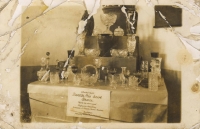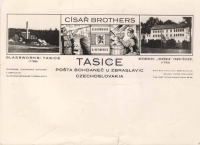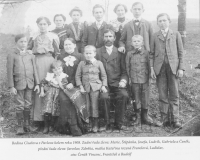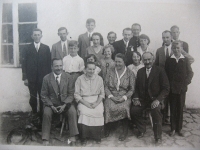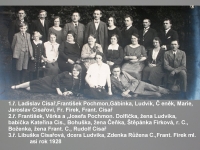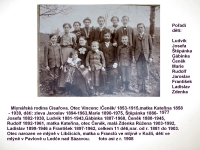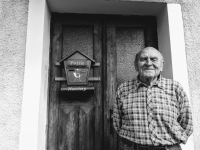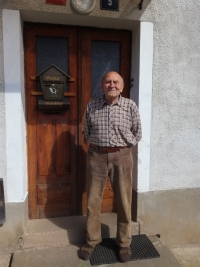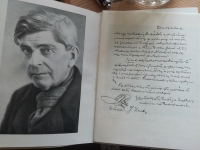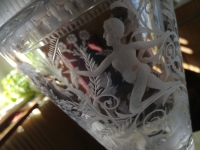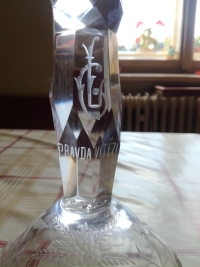Story of the glass making Císař family

Download image
Ladislav Císař was born on February 12, 1942 in Tasice near Ledec nad Sázavou. His father worked as a site administrator in the local glassworks owned by his brother Čeněk Císař. At the end of the war, the family was suspected of collaboration. In the fall of 1945, after the Císař brothers’ property was nationalized, the family was moved to Havlíčkův Brod. Just a few months later, his uncle’s suicide followed, then his father’s death, and then when Ladislav was fifteen, his mother died. In 1948, he started elementary school in Havlíčkův Brod and then continued at the Secondary Mechanical Engineering School in Jihlava. After 1960, he worked as a designer at Chotěbořské strojírny, then from 1980 in Havlíčkův Brod at Kamenoprůmysl ŽĎAS and then he retired in 2004. At the beginning of the 1990s, together with his wife, he applied for the return of the property in restitution proceedings. In 2009, after more than fifteen years, the last plots of land were returned to them. In 2019, Ladislav Císař lived with his wife Ludmila in Havlíčkův Brod.













